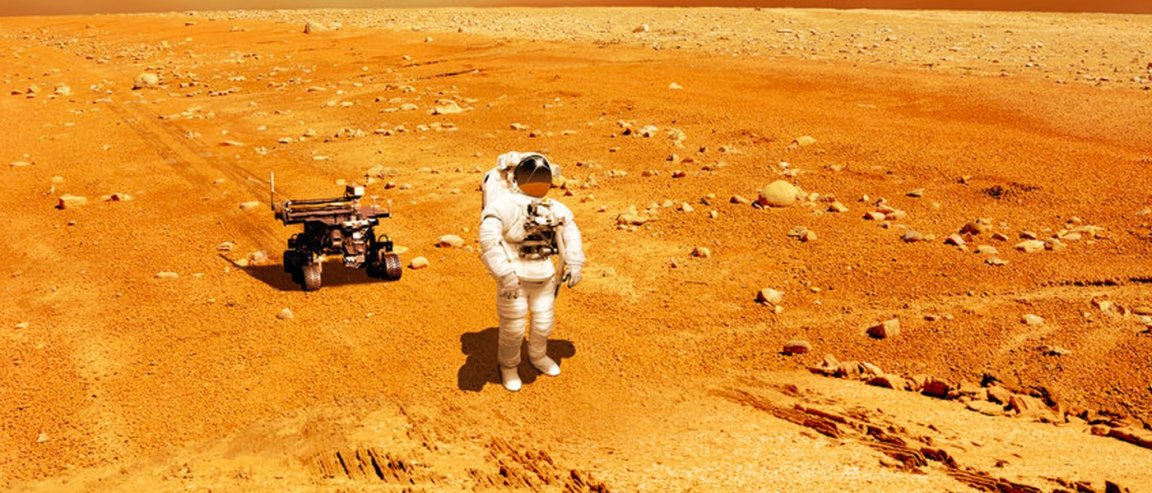
A Dangerous Trip
NASA, SpaceX, Boeing, and many other parties from all over the world are dead set on reaching the next frontier of human spaceflight: Mars. In fact, NASA has started recruiting people who want to experience “The Martian” in real life.
But before you start begging NASA for a chance to go, you may want to consider this new finding. A team from UC Irvine has found that astronauts who will travel to Mars may have a higher chance of developing dementia and long-term brain damage.

To be fair, this news isn’t really much of a shocker. Astronauts who come from the ISS experience a whole host of bodily changes: reduced bone mass, damage to the central nervous system, sleep disturbance, even excessive flatulence. But scientists found that travel to Mars (which would involve a longer spaceflight than anybody has ever endured) could have a more disastrous effect on the brain and nervous system.
UCI’s Charles Limoli and colleagues saw that rats bombarded with charged particle irradiation had less dendrites and spines in their neurons. Moreover, they found that these effects persisted even six months after bombardment. The team also saw that the bombardment affected the “fear extinction” of the subjects. That means they couldn’t suppress memories of stressful and fearful situations.
That means astronauts would think less clearly when confronted with an emergency or problem in the voyage.
Technology and Biology
UCI’s research just underscores the fact that developing the right technology isn’t the only thing we need to get us to the red planet. We also need to understand more about how our bodies perform in space, and consider ways to keep astronauts healthy and alert.
The good news is that this problem has been anticipated by the government, and NASA has been called to add to studies on human health in space. They’ll be taking a look at the top hazards for the three-year, round-trip Mars missions including cancer, cataracts, infertility, and even how extreme isolation could lead to psychological problems. No one wants cabin fever in space.
Despite all this, Inspector General Paul Martin pointed out that the space agency is optimistic in thinking it can resolve all the issues by the 2030s. They’ve definitely got a long list to tackle.